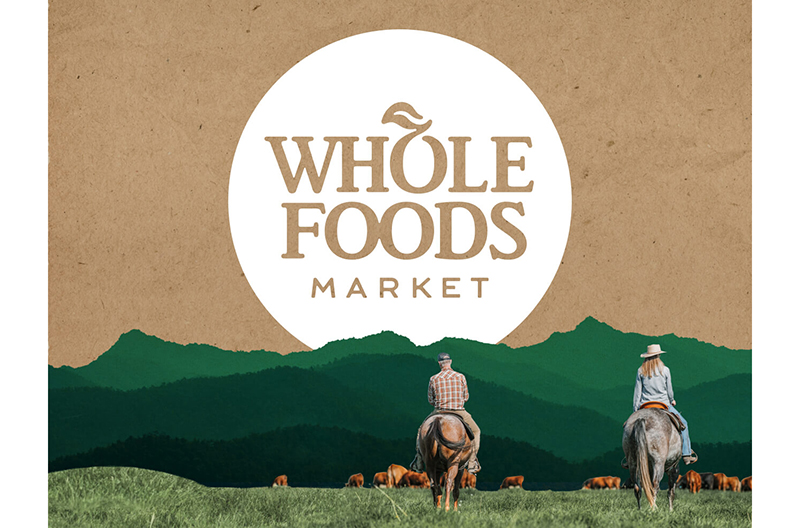Austin, Texas-based Whole Foods Market has released its second annual Impact Report, which provides an in-depth look at the company’s investments in reducing waste, championing climate-smart agriculture, empowering its employees, sourcing its products and strengthening the communities in which it operates.
“With our purpose to nourish people and the planet as our North Star, we continue to hold ourselves to the highest standards in the industry when it comes to the quality of our products, reducing our environmental impact, supporting our communities and investing in our team members,” said CEO Jason Buechel.
“I’m proud of the big wins, growth and positive impact we achieved in 2023, all built on decades of effort and investment, and I’m excited to build on that legacy as we continue to drive lasting and positive change across the grocery industry.”
[RELATED: Whole Foods Market Opens Store In Huntington Station, NY]
Highlights from the 2023 Impact Report include:
- Kept nearly 70 percent of all store and operational waste out of landfill and maintained recycling programs at 99 percent of its stores and organic diversion programs, such as composting, at nearly 85 percent of its stores.
- Reached more than 41,000 organic products and 154 certified regenerative products across its stores.
- Maintained more than 550 banned ingredients across its standards for food, beverages, supplements, body care and household cleaning products.
- Donated more than 28 million meals – totaling nearly 34 million pounds of food – to 1,000 food rescue and distribution programs.
- Graduated nearly 1,800 employees from career development programs, in addition to promoting more than 8,700 people in 2023.
- Awarded more than $1 million to local suppliers in 2023 through the Local Producer Loan Program and inducted 10 participants into its Local and Emerging Accelerator Program (LEAP) Early Growth cohort.
- Paid more than $9 million in premium funds to Sourced for Good suppliers, supporting a range of projects that benefit workers and their communities.
- Funded more than 26,600 microloans across 37 countries through the Whole Planet Foundation; awarded 64 Community First grants to community-led organizations through the Whole Cities Foundation; and donated 509 educational gardens, 43 salad bars and 108 beehives to schools through the Whole Kids Foundation.
- Offered more than 2,600 affordably-priced, sourced products under its 365 by Whole Foods Market brand. Nearly 1,000 of those products were organic as of the end of 2023.
“Agriculture sits squarely at the intersection of people and the environment, and the past year has only reinforced my fervent belief that it can be a positive force for good,” said Caitlin Leibert, VP of sustainability at Whole Foods Market.
“Every day I see and appreciate the effort of all Whole Foods Market stakeholders, from our team members to suppliers, to keep moving the needle forward and pushing the industry toward a more sustainable future. I look forward to continuing to find innovative ways to collectively change for the better in 2024.”

